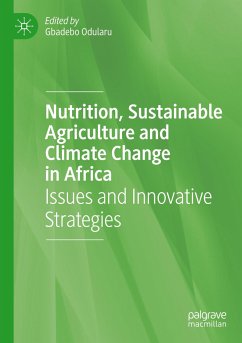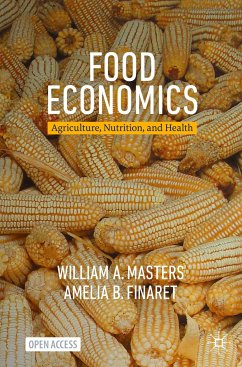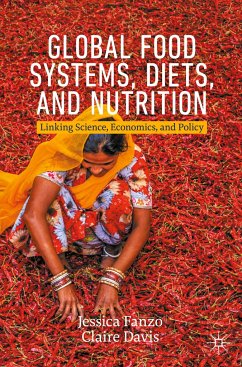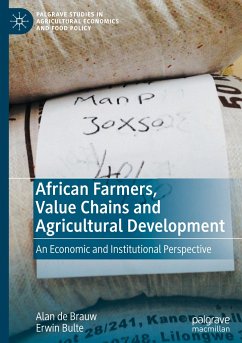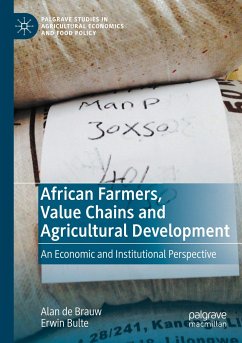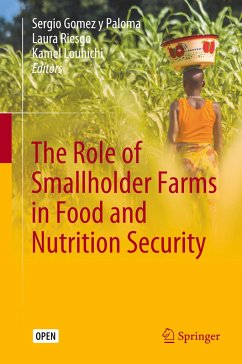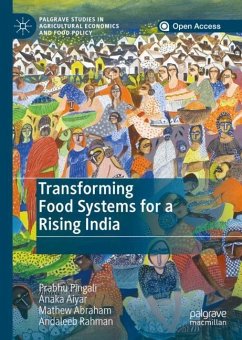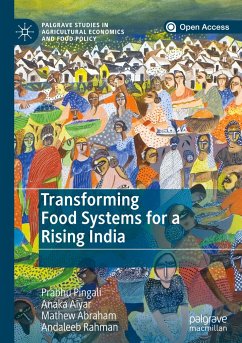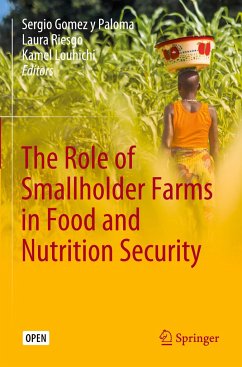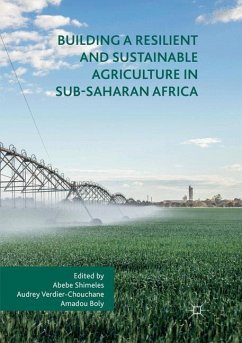
Nutrition, Sustainable Agriculture and Climate Change in Africa
Issues and Innovative Strategies
Herausgegeben: Odularu, Gbadebo

PAYBACK Punkte
38 °P sammeln!
In Sub-Saharan Africa, the rapidly evolving COVID-19, increasing population growth, and exponential expansion in demand for agricultural commodities are putting pressure on available resources, thereby posing immense challenges to the region's capacity to achieve nutritional security related to United Nations Sustainable Development Goals (SDGs). Although Sub-Saharan Africa boasts vast, fertile and uncultivated arable lands, its capacity to contribute to feeding its current and future population is being seriously undermined by factors such as poor adoption and utilization of innovations and d...
In Sub-Saharan Africa, the rapidly evolving COVID-19, increasing population growth, and exponential expansion in demand for agricultural commodities are putting pressure on available resources, thereby posing immense challenges to the region's capacity to achieve nutritional security related to United Nations Sustainable Development Goals (SDGs). Although Sub-Saharan Africa boasts vast, fertile and uncultivated arable lands, its capacity to contribute to feeding its current and future population is being seriously undermined by factors such as poor adoption and utilization of innovations and digital tools, climate change impact, environmental degradation, weak political will, limited interest in farming, lack of government support, and more. In spite of these constraints, sustainable agriculture, food security and nutrition security in Sub-Saharan Africa can be achieved by adopting a multi-pronged approach, which includes improved agricultural mechanization, adoption of high yielding crop varieties, use of information technology, public investments in improved technologies, and rural infrastructure funding. This edited volume provides innovative policy tools for enhancing Sub-Saharan Africa's capacity to achieve sustainable agriculture, food security and nutrition security in the digital age and in the face of climate variability. Furthermore, this book presents smart strategies for increased agricultural production, reduced food waste, and enhanced nutritional outcomes by harnessing the latest discoveries in agricultural research, education and advisory services.





